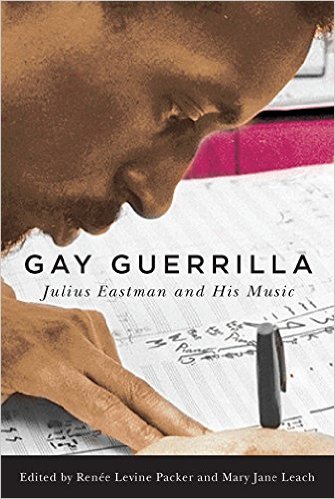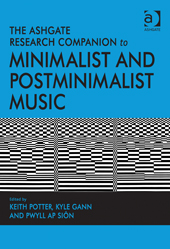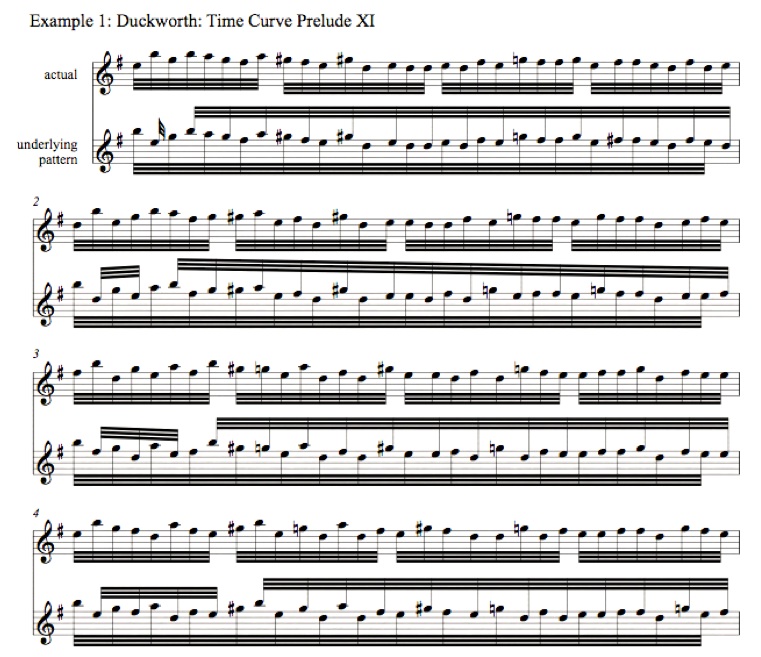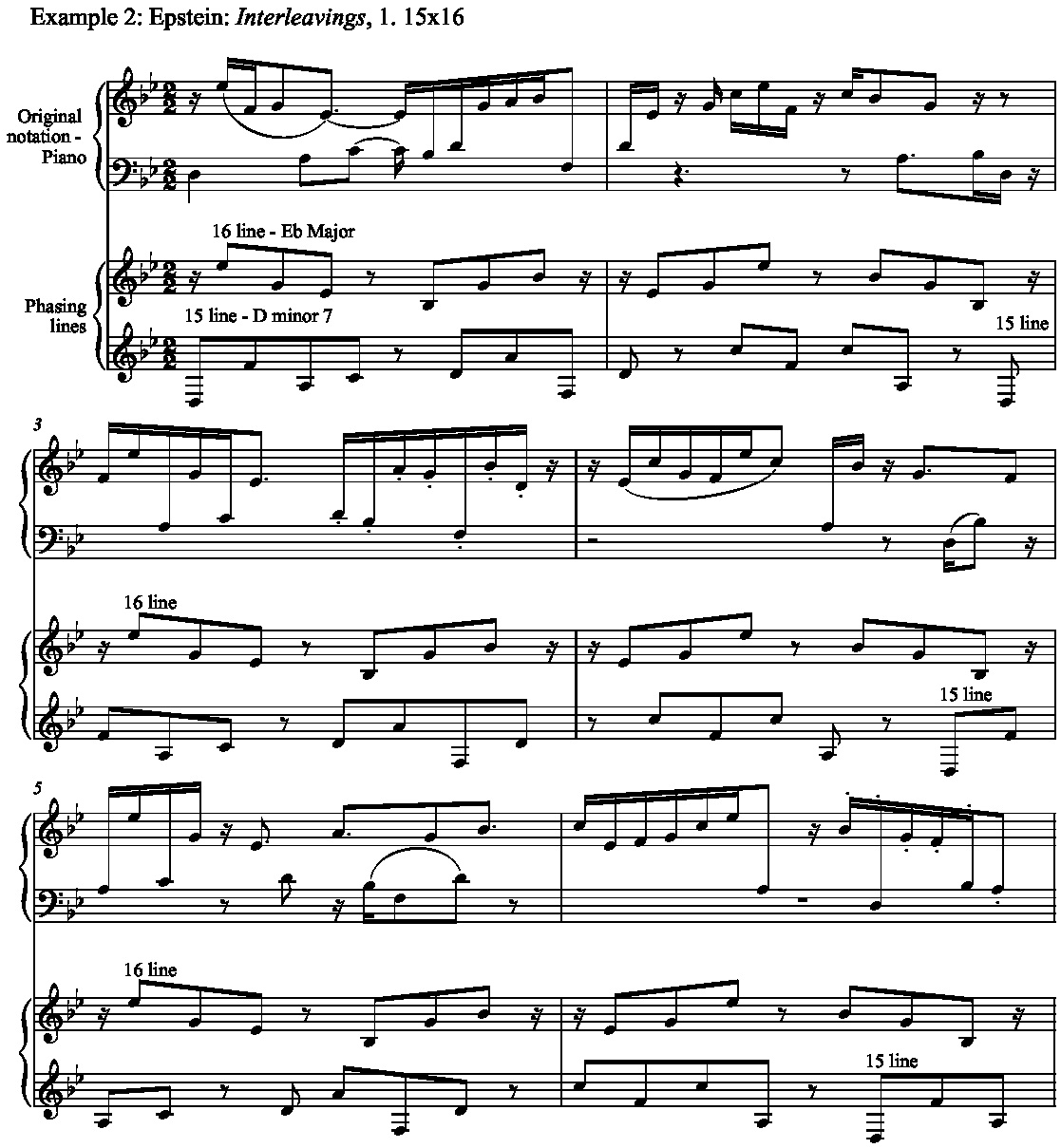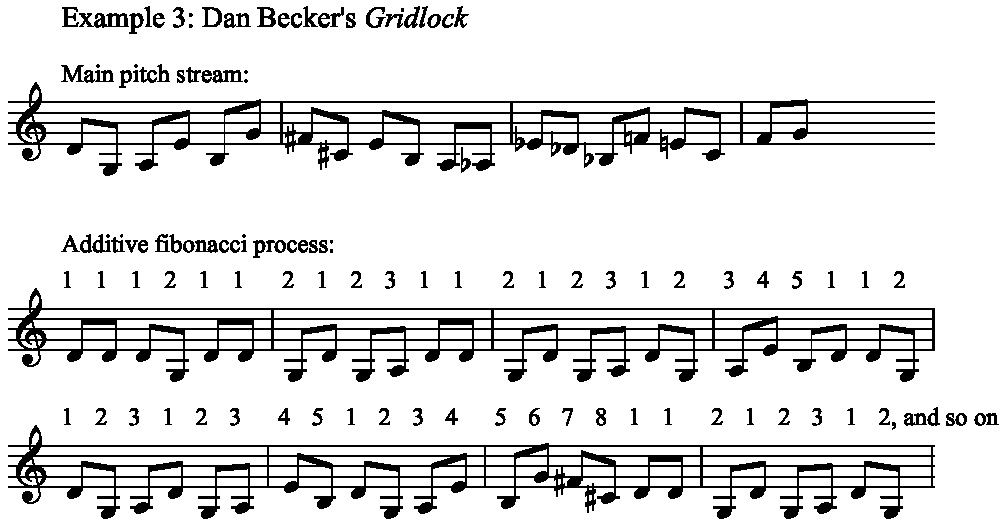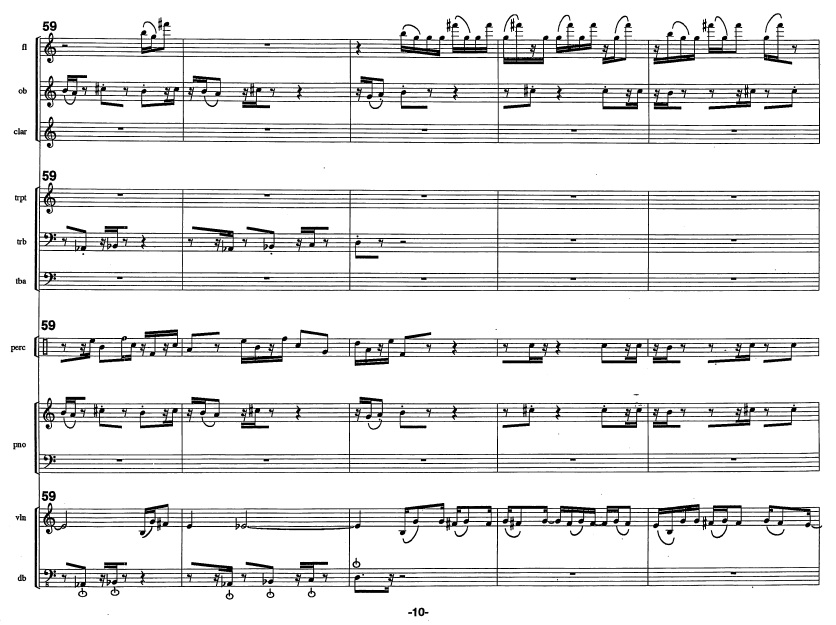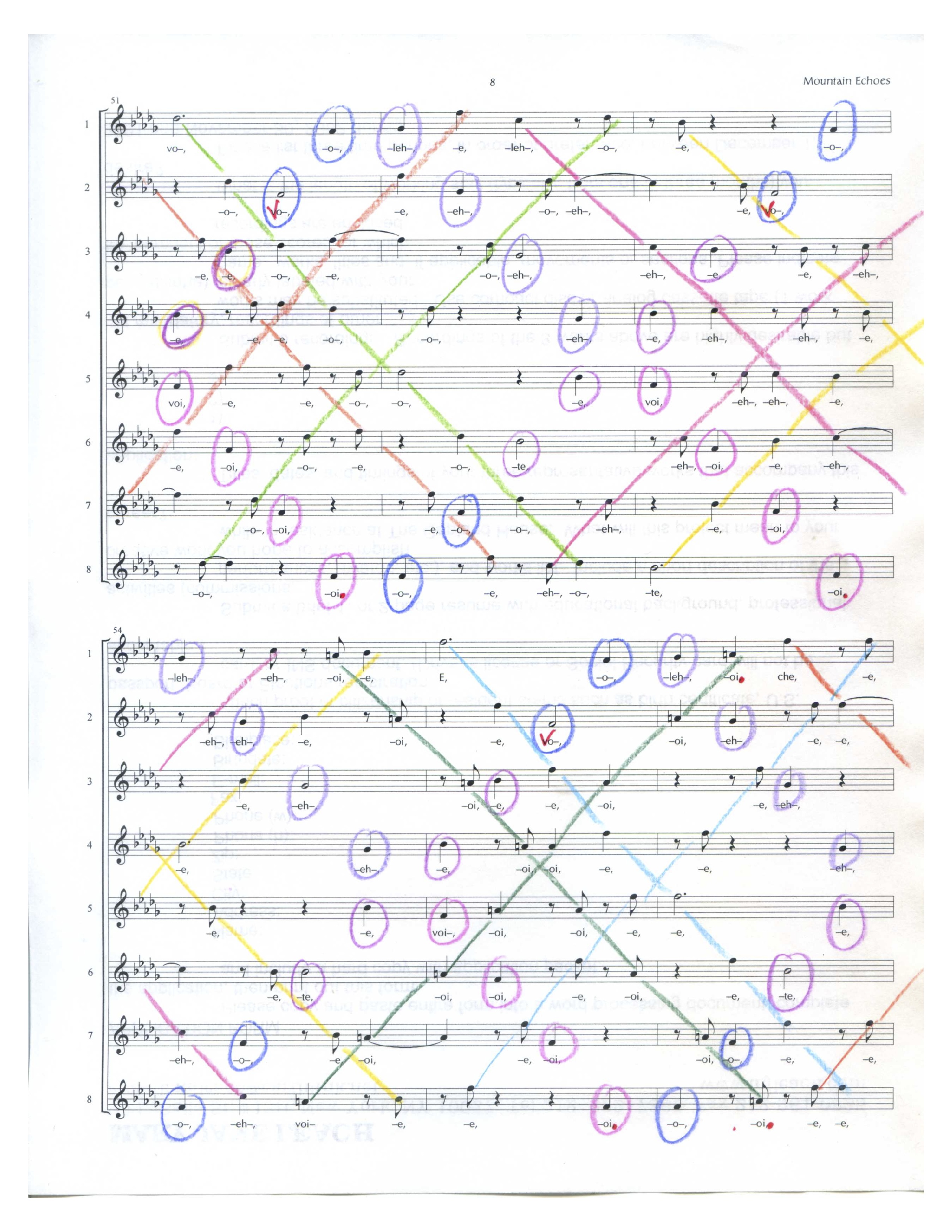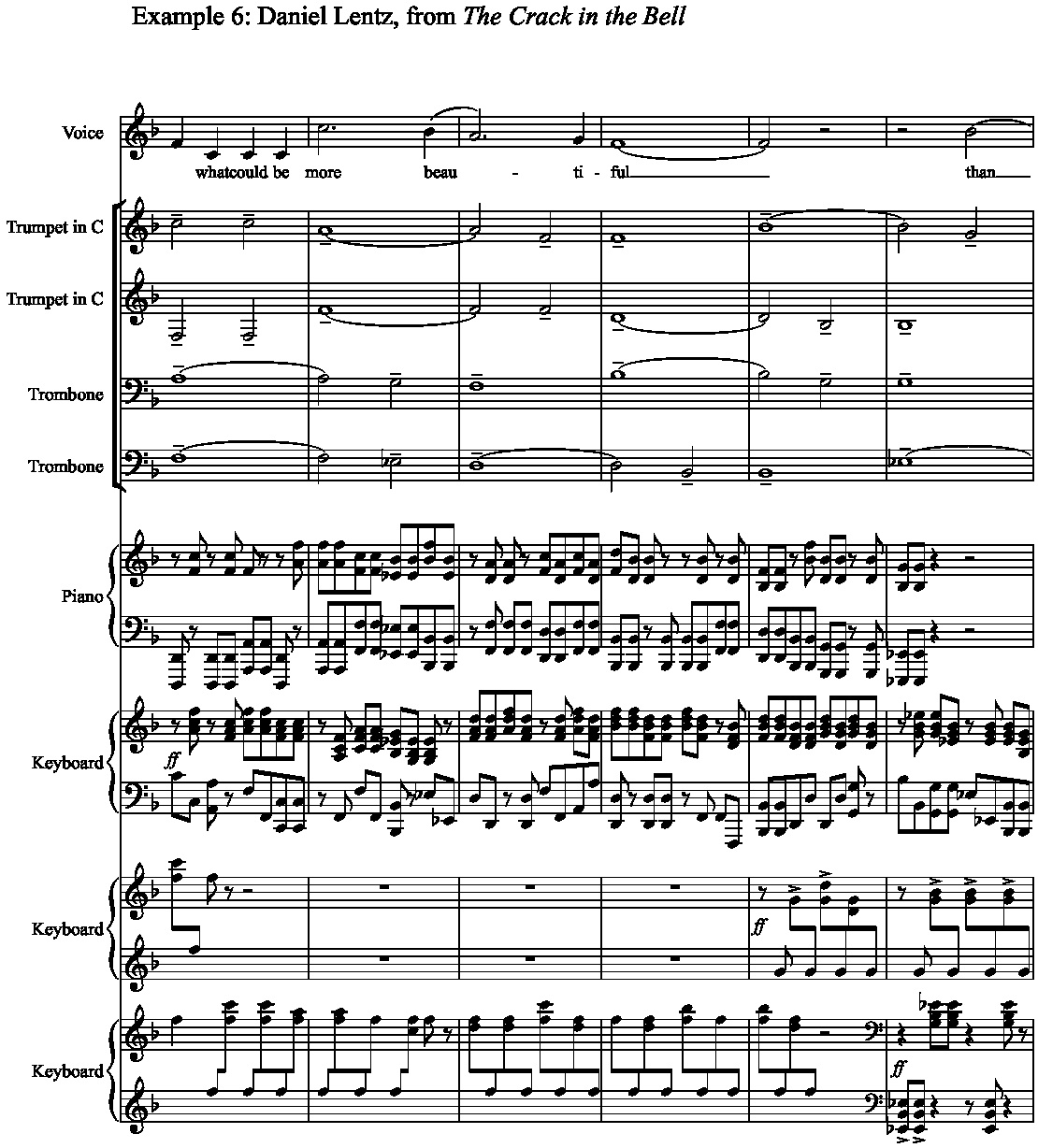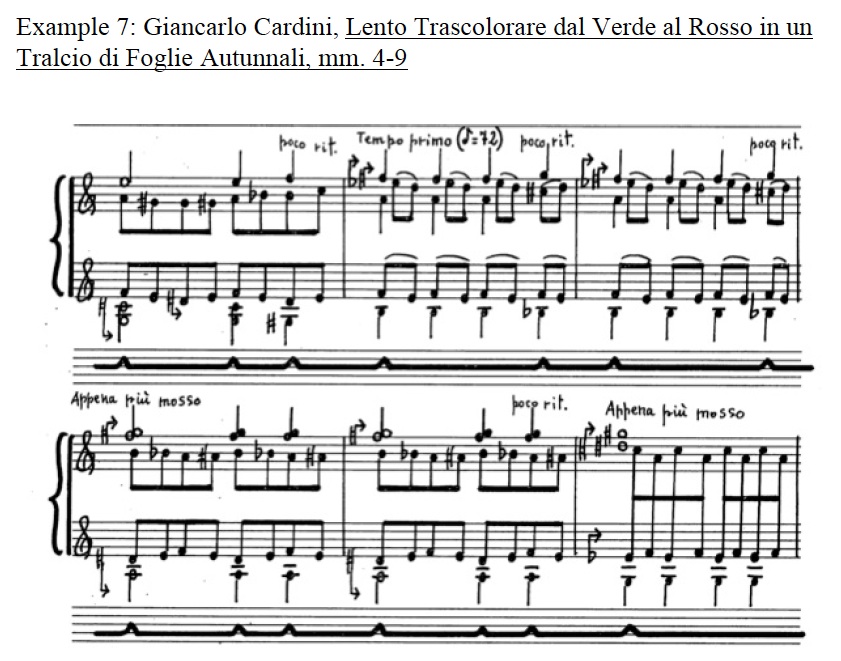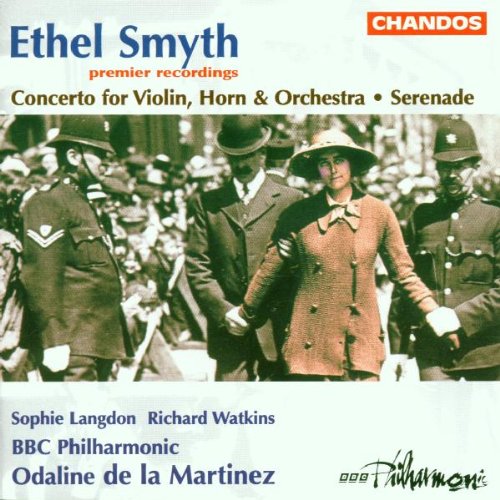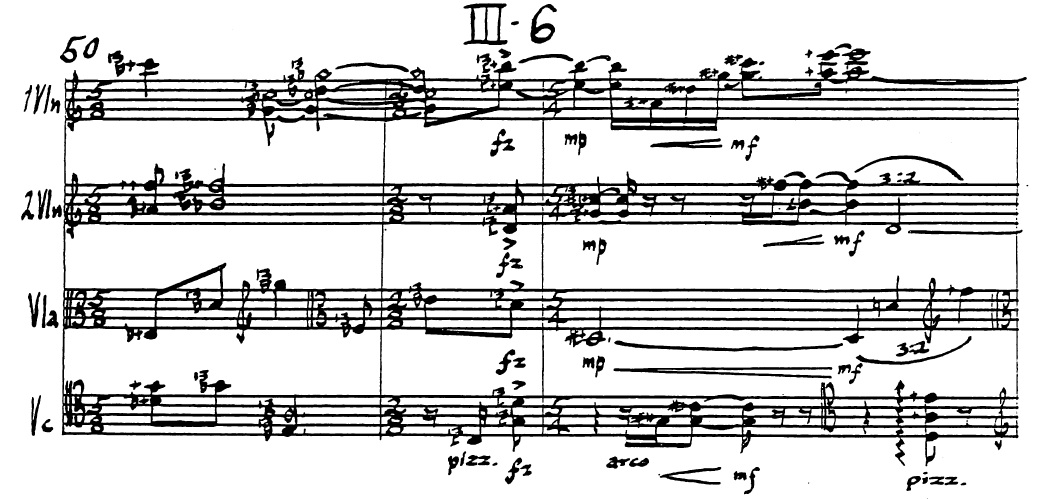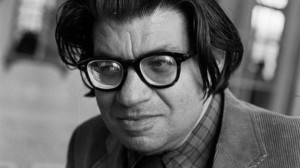 As late as 1986, the year before his death, he confessed, “I have no complaints about my career, but I always wondered why it really doesn’t take hold.†(H/T David Beardsley)
As late as 1986, the year before his death, he confessed, “I have no complaints about my career, but I always wondered why it really doesn’t take hold.†(H/T David Beardsley)
It was later, in April of 1987, by the way, that I wrote in the Village Voice that “some people consider [Feldman] the world’s greatest living composer.” He read it, and died in August.


